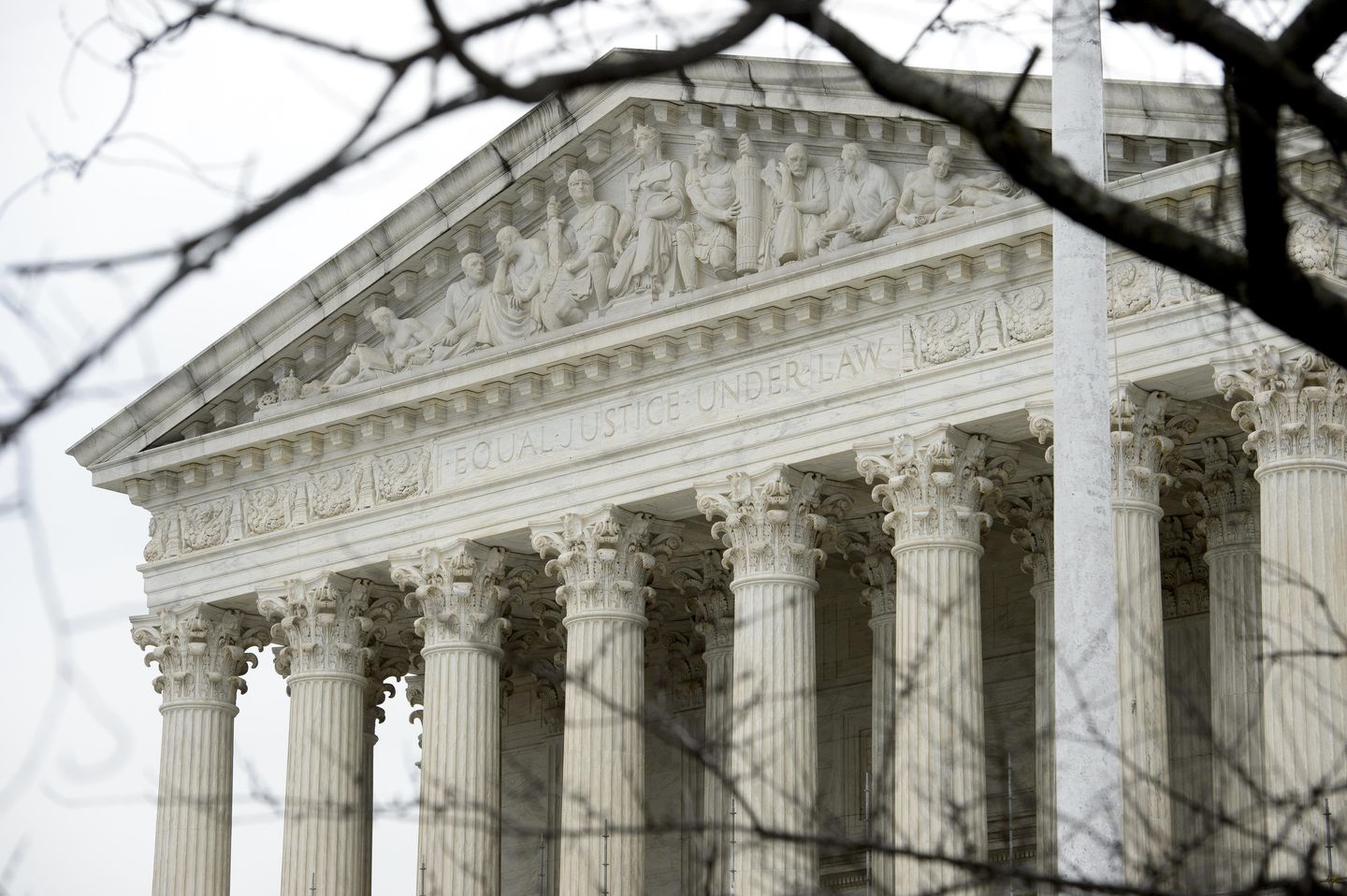
Eight illegal immigrants are living in a shipping container on a U.S. military base in the African country of Djibouti after a federal judge this week said a Supreme Court ruling allowing third-country deportations doesn’t apply to them. Here’s what you need to know about the federal deportation standoff:
The Djibouti situation
Eight deportees stuck on military base in shipping container:
- Illegal immigrants living in converted container quarters
- Located on U.S. military base in African country of Djibouti
- Have round-the-clock guards from U.S. Immigration and Customs Enforcement
- All eight have serious felony records including murder
The judicial defiance
Federal judge refuses to follow Supreme Court ruling:
- Judge Brian Murphy of U.S. District Court in Boston blocked deportations
- Said Supreme Court ruling on third-country deportations doesn’t apply to eight migrants
- Trump Justice Department asking justices to clarify their ruling
- DOJ says judge misconstruing Monday Supreme Court decision
The Republican outrage
Senator calls judge’s actions “insurrection”:
- Sen. Eric Schmitt said judge giving Supreme Court “the middle finger”
- Called Murphy “radical liberal, progressive, leftist judge”
- Said Murphy “confirmed in lame duck session when Joe Biden, President Autopen, may not even have known he was appointing this person”
- Accused judge of “refusing to obey a Supreme Court order for deportation of seven criminal aliens”
The third-country deportation process
Removals occur when home nations refuse deportees:
- Third-country removals happen when deportees’ home nations won’t take them back
- U.S. can still deport if it finds another country willing to accept them
- Trump administration worked out deal with South Sudan to accept eight deportees
- Judge Murphy tried to stop deportation midflight
The due process dispute
Judge demanded additional protections for migrants:
- Murphy put hold on removals saying administration needed more “due process”
- Required written notice detailing new country they were to be sent to
- Demanded chance to argue to Homeland Security about danger if sent to that country
- Required additional 15 days to appeal ruling in immigration courts
The Supreme Court intervention
High court ruled against judge’s initial decision:
- Supreme Court issued brief order ruling against Murphy’s initial decision
- Court said migrants didn’t deserve more due process protections
- Judge Murphy then quickly issued own ruling saying decision didn’t affect eight migrants
- Murphy said migrants must be given new hearings before release to South Sudan
The Justice Department response
DOJ calls judge’s actions “lawless act of defiance”:
- Solicitor General D. John Sauer told justices district court ruling was “untenable”
- “The district court’s ruling of last night is a lawless act of defiance”
- Justice Department seeking Supreme Court clarification of ruling
- Government challenging judge’s interpretation of high court decision
The judge’s justification
Murphy cites dissenting justice as support:
- Judge said Supreme Court injunction against his initial ruling didn’t affect later rulings
- Cited Justice Sonia Sotomayor’s dissent from Monday Supreme Court ruling
- Sauer said that was weak justification since it was from dissent, not majority opinion
- Lawyers for migrants said government never challenged specific South Sudan deportation rulings
The dangerous living conditions
Migrants face health and security risks:
- Nearby burn pits causing illnesses among migrants and ICE officers
- Rocket attacks from rebels in Yemen placing lives in danger
- U.S. officials said situation is tenuous
- Converted shipping container serves as living quarters
The deportees’ criminal records
All eight have serious felony convictions:
- Jose Manuel Rodriguez-Quinones, Cuban convicted of attempted murder
- Enrique Arias-Hierro, Cuban convicted of homicide and kidnapping
- Thongxay Nilakout, Laotian convicted of murder
- Jesus Munoz-Gutierrez, Mexican convicted of murder
Additional criminal deportees
Remaining four also have violent convictions:
- Dian Peter Domach, South Sudanese convicted of robbery
- Kyaw Mya, Burmese citizen convicted of sex crime against child less than 12
- Nyo Myint, Burmese citizen convicted of sexual assault against mentally infirm person
- Tuan Thanh Phan, Vietnamese convicted of murder
Read more:
• “Lawless act of defiance”: DOJ says Biden judge refusing to follow Supreme Court deportation ruling
This article is written with the assistance of generative artificial intelligence based solely on Washington Times original reporting and wire services. For more information, please read our AI policy or contact Ann Wog, Managing Editor for Digital, at awog@washingtontimes.com
The Washington Times AI Ethics Newsroom Committee can be reached at aispotlight@washingtontimes.com.












